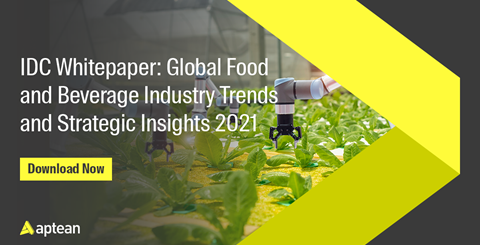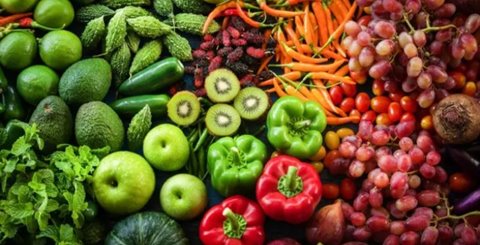Experimenting With Innovations, an Educational Process
Experimenting is what is going to get us places! On one hand, our food customers face challenges, on the other hand, we have a brand-new Dynamics 365 platform. What does this mean? Opportunities galore! How can we come up with innovative solutions, based on new technologies that Microsoft offers, to solve our clients’ challenges? This question led to the start of a pilot for Demand Forecasting. A challenge that applies especially to many fresh food companies. Due to its complexity. Purchasing and sales are changing every day, and there is certainly still a lot to be gained here. Interesting findings have emerged from this pilot. However, what can surely occur in a pilot is an unexpected outcome. The process and our findings in a nutshell:
Written by: Thijs Boonen and Robin de Kivit, Consultants Schouw Informatisering
Combination of food knowledge and the Dynamics 365 platform
We started this experiment together with Microsoft. The combining of our food knowledge and the possibilities of the Dynamics 365 platform offer a good base to start. To begin with, we identified which factors could possibly have an impact on supply and demand, such as the weather. Step two consisted of cleaning up the historical data of the client (with the client’s consent), and to then bring this together in one model. Important here is the vision of the client; How do they work with the system? Are there specific variables that buyers and sellers use? Based on the formulated factors and the historical (weather) data we built a model in Microsoft’s cloud service, Machine Learning Studio. This model walks through every step and learns, with the help of algorithms, from the data and variables you feed it. This gives a score on how well your model determines its prediction ability. Eventually, the pilot closes by validating with the client whether your data is correct.
Outcome pilot Demand Forecasting
Unfortunately, the results were not as expected. Which means the question arises; Did we choose the correct variables? Where did we go wrong? We concluded that for a tool like this, we need a team of experts that all work together. From the client, to the software supplier, to data scientists who can give context to the results. We have the food knowledge, the tools and the ERP system full of useful data, and we are experimenting with possibilities. However, we also need data scientists and the client to create a model that we can ultimately use in practice.
Basis for future developments
Basically, experimenting is an educational process. It is not just about developing a marketable product, it is just as much about the enthusiasm that arises internally and externally during such a process of experimenting with technological innovations. And that lies at the base of future developments!
Joining forces with Erasmus Q-Intelligence
Simultaneously to the above experiment, a Schouw Informatisering customer conducted a similar experiment together with Erasmus Q-Intelligence (EQI). This showed that we could perfectly join forces in this area with this Data Analytics specialist. This cooperation ensures that we can now help our customers with specific challenges they face in the field of Demand Forecasting.
 Nederlands
Nederlands English
English



